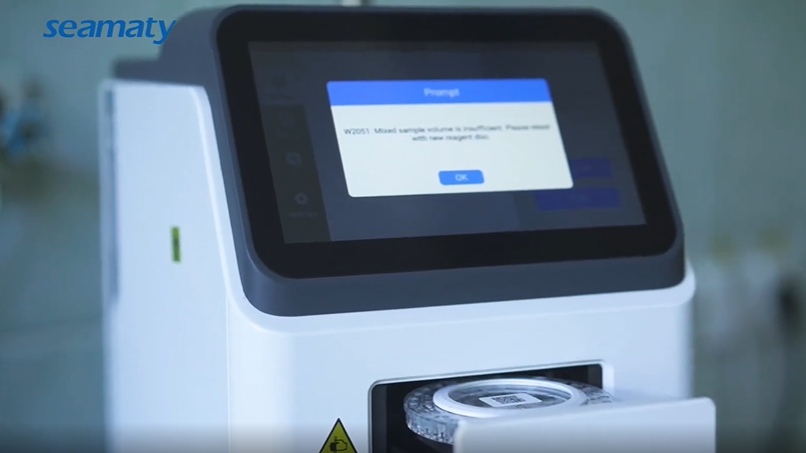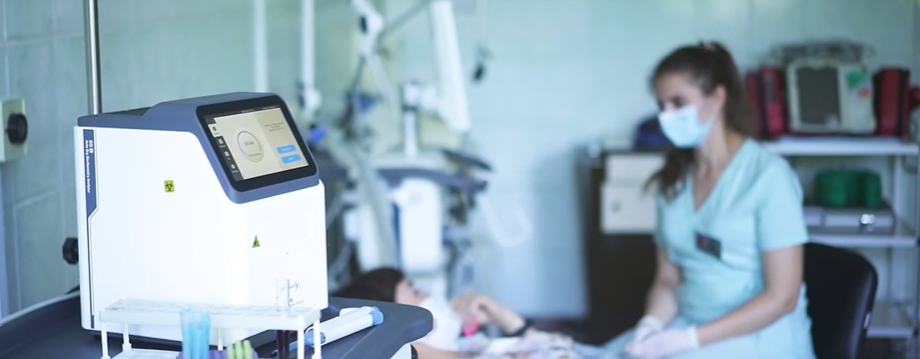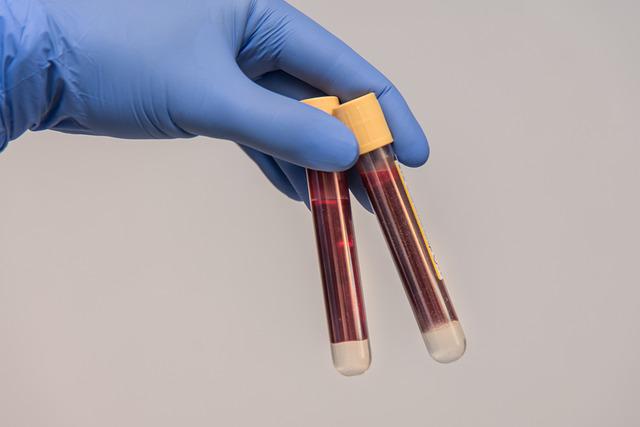A clinical chemistry analyzer is a machine used in the diagnosis and treatment of disease. It is used to measure various chemicals in the blood, urine, or other body fluids. This information can be used to help identify and diagnose problems. Clinical chemistry analyzers are an important part of modern healthcare. They allow for fast and accurate analysis of patient samples. This helps ensure that patients receive the best possible care.

1. What is a clinical chemistry analyzer and what does it do
A clinical chemistry analyzer is a medical device used to perform
chemical tests on blood, urine, and other bodily fluids. These tests are used to diagnose and treat a variety of conditions, including diabetes, kidney disease, and liver disease. Chemical analyzers can also be used to monitor the levels of certain drugs in the body. The results of these tests are typically reported as numeric values on a scale from low to high. In some cases, the results may be reported as positive or negative.
Clinical chemistry analyzers vary in size and complexity, but all share the same basic components. These include a sample input port, a reaction chamber, and a detector. The sample input port is used to introduce the bodily fluid into the machine. The reaction chamber is where the chemical reactions take place. The detector measures the results of the reactions and converts them into numeric values. Clinical chemistry analyzers are an essential tool in modern medicine, and their accuracy and precision have greatly improved over time.
2. How does a clinical chemistry analyzer work (clinical chemistry analyzer principle)
A clinical chemistry analyzer is a machine that uses various chemical tests to measure levels of substances in blood or other fluids. The most common type of analyzer uses enzymes to measure the levels of glucose, cholesterol, and other substances in blood. Enzymes are proteins that catalyze chemical reactions, and each enzyme is specific to a particular substrate.
In the case of clinical chemistry, enzymes are used to convert substrates into products that can be easily measured by the machine. For example, glucose oxidase is an enzyme that catalyzes the conversion of glucose into gluconic acid. This reaction produces a color change that can be detected by the machine, allowing it to calculate the level of glucose in a sample. Similarly, cholesterol oxidase catalyzes the conversion of cholesterol into cholest-4-en-3-one, which also produces a color change that can be detected by the machine. In this way, clinical chemistry analyzers use enzymes to measure the levels of various substances in blood or other fluids.
3. What are the benefits of using a clinical chemistry analyzer
Clinical chemistry analyzers offer a number of benefits over traditional methods of testing. They are faster, more accurate, and provide a wider range of information. Additionally, clinical chemistry analyzers can be used to test for a variety of conditions, making them an essential tool in the diagnostic process.
One of the primary benefits of using a clinical chemistry analyzer is the speed at which results can be obtained. Traditional methods of testing, such as those involving manual analysis, can take several hours or even days to complete. Clinical chemistry analyzers, on the other hand, can provide results in a matter of minutes. This is particularly important in emergency situations, where time is of the essence.
Another benefit of clinical chemistry analyzers is their accuracy. Because these devices are automated, they are less likely to make mistakes than human beings. In addition, they can provide a more detailed analysis than traditional methods, allowing for a more accurate diagnosis.
Finally, clinical chemistry analyzers offer a wide range of information. In addition to testing for specific conditions, they can also provide information on a patient's overall health. This is valuable in both the diagnosis and treatment of illness.
Overall, clinical chemistry analyzers offer many advantages over traditional methods of testing. They are faster, more accurate, and provide a wider range of information. These features make them an essential tool in the diagnostic process.
4. Who should use a clinical chemistry analyzer
There is no one-size-fits-all answer to this question, as the type of analyzer that is best for a given clinical chemistry lab will depend on a number of factors, including the specific tests that are performed in the lab, the volume of testing that is done, and the budget of the lab. However, there are some general guidelines that can be followed when choosing a clinical chemistry analyzer.
First and foremost, it is important to select an analyzer that is capable of performing the specific tests that are required by the lab. While many analyzers are able to perform a wide range of tests, not all analyzers are created equal. And some may be better equipped to handle certain types of tests than others.
Once the specific tests that need to be performed have been determined, it is important to consider the volume of testing that will be done in the lab. If a large volume of tests will be run on a daily basis, it is important to select an analyzer that is designed to handle such volume. On the other hand, if a lab only performs a handful of tests each day, a less robust analyzer may suffice.
Finally, it is also important to consider the budget of the lab when selecting a clinical chemistry analyzer. While there are many high-end analyzers on the market that offer a wide range of features and capabilities, they can also come with a hefty price tag. For labs working with limited budgets, it is important to find an analyzer that offers the necessary features and capabilities at a more affordable price.
5. Where can I buy a clinical chemistry analyzer
You can buy
a clinical chemistry analyzer at many different types of medical supply stores. You may also be able to find them online or in catalogs.


